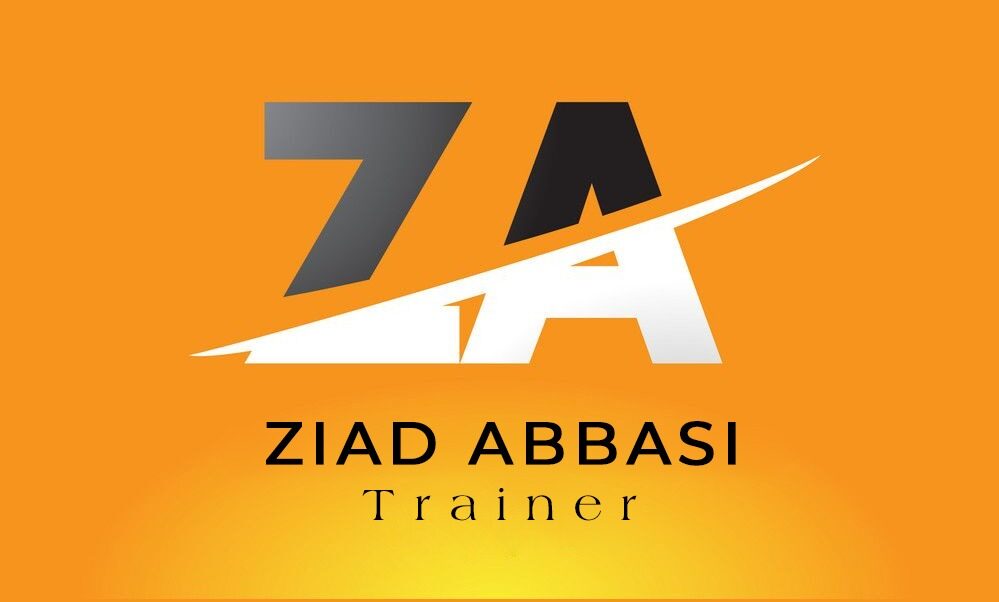Management /Soft Skills
9- Time Management: Time is a major element of production and productivity. It is not easy to define the time, but is manageable and controllable. List of priorities and other techniques will lead to better management of time.
10- Donor Programs Supporting Jordanian Industrial Sectors: Despite of the governmental efforts to merge certain donor programs and include them under limited umbrellas, but each program has its own conditions and requirements.
11- Public Presentation Skills: Presentations aiming to promote businesses and products are considered as a twin tool, leading to success or failure, there is no third option. Well prepared one, considering all elements of good practice will enlarge the outcome.
12- The Japanese Lessons: Kaizen: Theory and Application. Japan is a leading industrial country, this happened when creators and pioneers set applicable theories for humans to increase productivity and strengthen the human relationships.
13- Conflict Management: Conflicts happen every day and every hour, we have to deal with it, know what is useful and when it becomes critical. Major forces and motivations are behind the reasons of creating conflicts, but managers are there to find solutions and minimize the damage.
14- Leadership and Supervision: Provide participants with the necessary knowledge and skills that enables them to adopt the modern techniques of effective supervision. Participants should be managers, assistant managers or supervisors. And provide participants with the communication skills that are necessary to build good relationships effectively
15- Meetings Management:
Good meetings do not just happen – they are planned.
Paying attention to details while preparing for a meeting and paying attention to the process and flow of meetings are important to utilize resources efficiently.
Meetings cost time and money, both of which are valuable
Many are held worldwide everyday but how many are worthwhile?
A business meeting consists of people coming together for a defined purpose such as resolving problems or making decision, briefing … etc.
A casual encounter in the corridor between colleagues could be described as a meeting.
Most meetings at work are more formal, with a prearranged time and venue.
The typical meeting has clearly defined purpose summarized in an agenda.
The best meetings save time and money by bringing together the right people to pool their knowledge for a defined purpose.
16- Good-to-Great:
A key to an organization becoming great is having Level 5 Leader.
Jim Collins includes “Level 5” Leaders among the major elements in the success of organizations that move themselves from being merely “good” to truly “great.
Empowerment involves letting employees try out new ideas.
We have to make difficult decisions, such as getting the wrong people “off the bus,” accepting responsibility when things didn’t go as planned, and holding their organizations—and themselves—responsible for the results by which they measure success.
Level 5 leaders, with their dual traits of professional will and humility, inspire those around them to reach beyond their normal boundaries, achieving more than they thought originally possible. Upon achieving this self-efficacy, employees are more appropriate, like their role-model leaders, to place the good of the organization, above their own personal needs.
